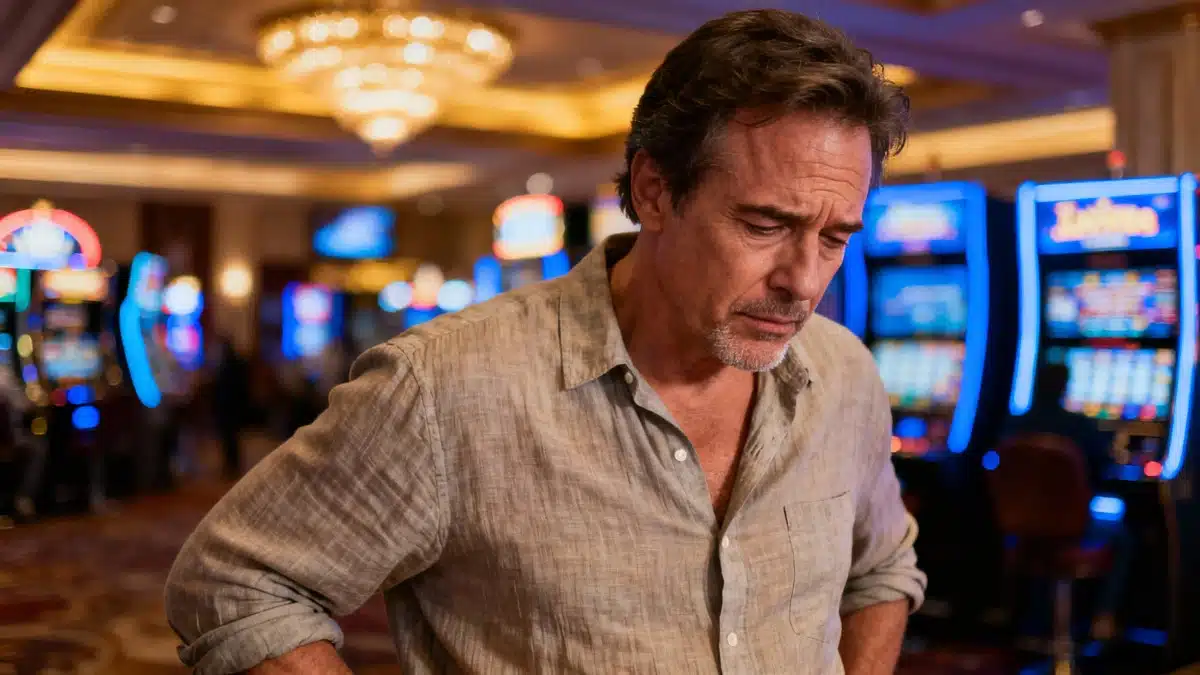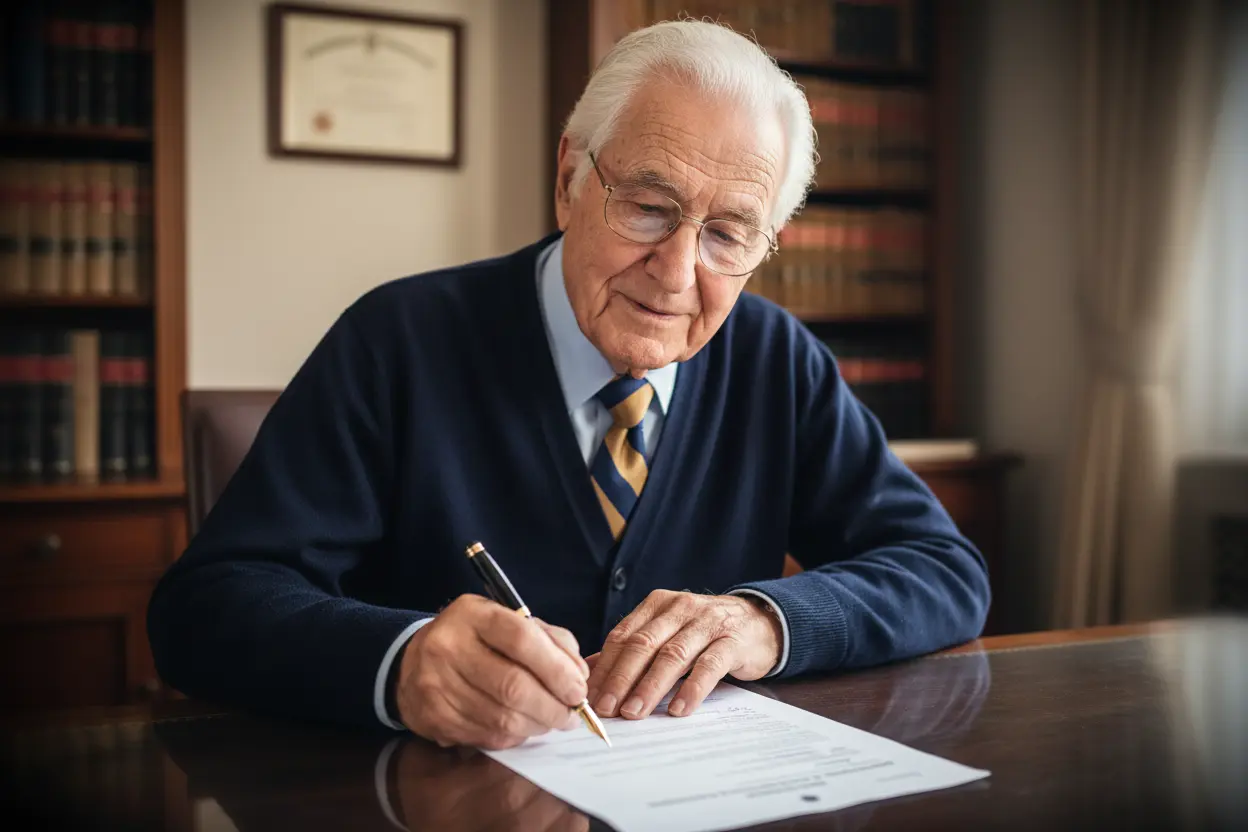It used to be that what happened in Vegas, stayed in Vegas – but lately, what’s happening in Vegas is pretty hard to keep quiet: a very real tourism slump is casting a shadow over the city of neon and dreams.
So, what’s really behind Vegas’ fading glow?
Las Vegas, the city that thrives on visitors chasing luck, love, or the world’s brightest lights, is experiencing a downturn that’s seen hotel occupancy drop and air travel slow to a crawl. Local hospitality workers—folks like Larry Turner, who works the night shift at Four Queens—are picking up double shifts just to keep paychecks coming in, while others are facing cut hours or even layoffs.
It’s not just local employees feeling the pinch. For six months straight, visitor numbers have dipped. Busloads of international tourists used to roll in, but those buses are mostly a thing of the past now, especially as arrivals from Europe, Canada, and Mexico dwindle. What’s more, frustration is bubbling over from regular tourists who are fed up with ever-higher costs—even as casinos rake in billions. Ever paid $30 for two beers in the casino bar? Or forked over for parking that used to be free? If so, you’re not alone. TikTok and social media are brimming with complaints about overpriced everything: food, drink, table games, and even basic slot machines.
The cost conundrum: Is Vegas still a value destination?
To combat the darkening mood, Las Vegas recently launched a citywide sale: discounts on hotels, entertainment, and experiences, along with a flashy new ad campaign promising, « Come back! It’s still fabulous! » But can deals and marketing alone turn the tide?
Consider Jonathan Jossel, CEO at the Plaza Hotel Casino, who notes that after record highs in 2023 and 2024 (thank you, Formula One and Super Bowl), the city simply couldn’t keep growing forever. Room rates are down as competition heats up, though there’s still some decent business. Jossel argues Vegas should remember it’s not just for big, expensive events—regular folks can still enjoy a good (and reasonably-priced) weekend if the city doesn’t lose focus on value.
But value is a moving target. As Commissioner Tick Segerblom points out, revenue from international travelers—especially Canadians and Mexicans—has all but dried up, going “from a faucet to a drip.” That’s not just fewer bodies in beds; it’s a loss of high-rollers and big spenders who stay longer, tip better, and boost the entire economic ecosystem. A 12% drop in tourism means not only fewer tips for maids and dealers, but a ripple effect that shakes the whole city. Lower occupancy impacts everyone, from social services to local government revenue.
What’s really driving the downturn?
So, why the slump? Sure, global instability and U.S. politics play a role. Steve Hill, president of the Las Vegas Convention and Visitors Authority, reports some Canadians are staying away out of protest against national policies. Diana Valles from the local Culinary Workers Union adds that immigration concerns and job insecurity are fueling fear and anxiety among workers in a city built by immigrants.
Yet Jeremy Aguero, principal analyst with Applied Analysis and a fourth-generation Las Vegan, sees a bigger picture at play. The city’s past booms—post-9/11 and post-COVID—were juiced by massive economic stimulus. Now, household debt is climbing, and consumer confidence is tanking. Even if some Americans report being better off today, long-term worries about the future are tempering their spending. Vegas, built on discretionary cash, is feeling the chill. Aguero likens the city to a « canary in the coal mine » for U.S. discretionary consumer behavior: where Vegas hurts, the rest of America might soon follow.
Can Sin City rediscover its magic?
Let’s face it, part of Las Vegas’ struggle is of its own making. Social media is flooded with jokes and gripes about $30 cocktails, $14 coffees, and the dreaded resort fees. While some costs are tied to inflation, higher interest and development expenses, and labor increases, Aguero and Segerblom admit the industry may have « overreached, » pushing prices past what guests feel is fair. There’s hope, though—Vegas has always been quick to adapt. As MGM Resorts CEO Bill Hornbuckle points out, you can still find value: $85 rooms, $5 tables, and $5 beers if you look around.
Even as nostalgia for the mobster-run old days lingers (where parking was free, buffets were $1.99, and the Rat Pack reigned), Vegas continues to transform. From high-tech wonders like the Sphere—crammed with 10,000 concertgoers—to massive fight nights and dazzling events, the city’s real enduring magic might just be its ability to keep reinventing itself.
Bottom line: Vegas has been knocked down before, and it’s always found a way back up—through value, resilience, and a flair for spectacle. If it remembers to put the “return on experience” ahead of short-term profit, Vegas might just remind everyone why it’s been called the Entertainment Capital of the World, and why someone, somewhere, will always say, “What happens in Vegas… stays in Vegas.”

John is a curious mind who loves to write about diverse topics. Passionate about sharing his thoughts and perspectives, he enjoys sparking conversations and encouraging discovery. For him, every subject is an invitation to discuss and learn.






